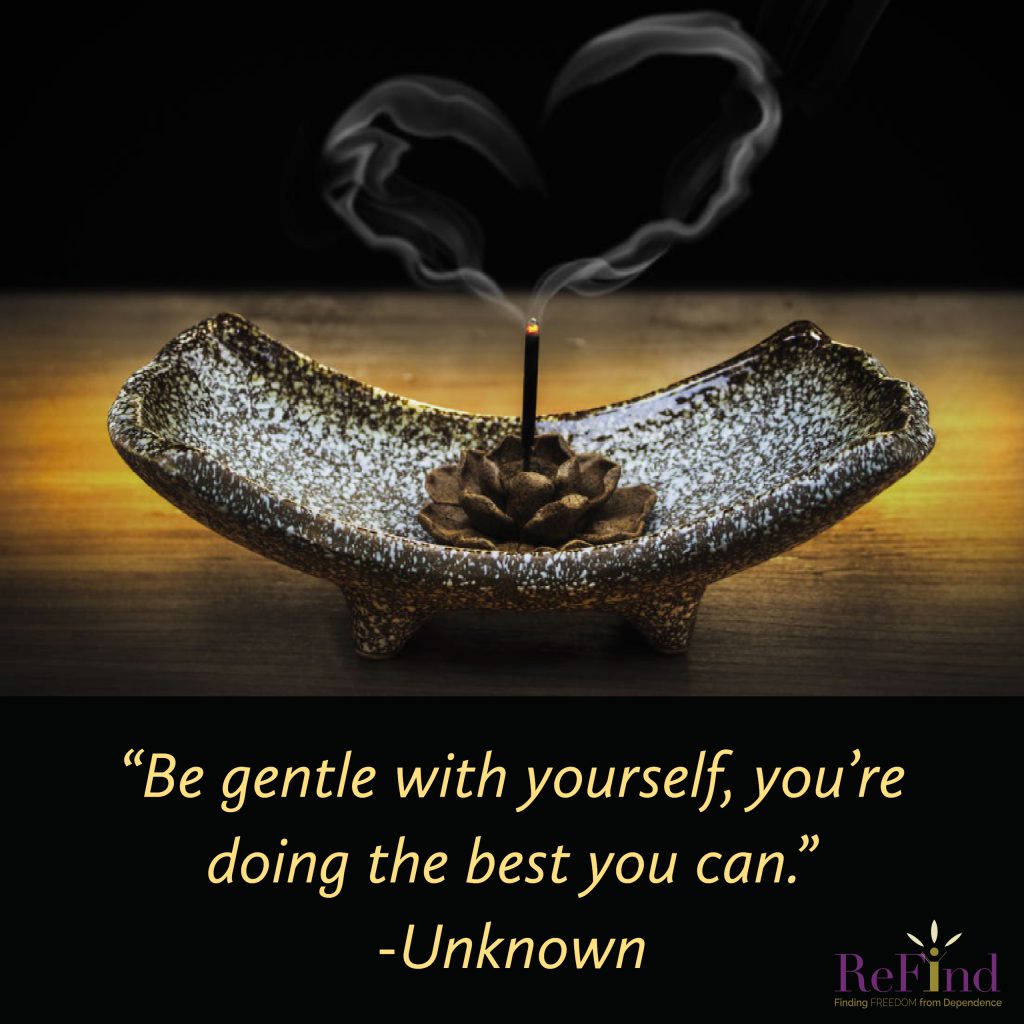For those who are recovering from addiction, recovery is half the battle. Shame, guilt and depression make up the other half. Shame is a common feeling to experience when going through recovery. However, shame does not have to stop you from getting the help you need to save your life. It is important to understand why we feel shame and the importance of spreading awareness and understanding for those battling addiction and codependency.
What exactly is shame? Shame is a natural emotion everyone feels. Like all emotions, shame will pass. However, for those battling addiction and codependency, shame lingers in the subconscious. Shame is a physiological response of the autonomic nervous system. It manifests itself in the body through blushing, rapid heartbeat, sweating, freezing, hanging your head, slumping your shoulders, avoiding eye contact, withdrawing, nausea and dizziness.
why is shame so painful? Shame pollutes your subconscious with an intense comprehensive feeling of inadequacy, inferiority and self-loathing. It creates a deep sense of separation from yourself and from others feeling like you’ve lost touch and disconnected from other parts of yourself and from everyone else. Shame-induced unconscious beliefs are that you think you’re a failure, not important, unlovable, underserving of happiness, a bad person, a phony or defective.
Addiction creates shame, and shame often leads to addiction. Shame is so damaging to the psyche that people often hide their shame from themselves and other’s. Shame is a bully and results in feelings of boastfulness, envy or passing judgment on others, bringing other’s down to help you temporarily “feel” better about yourself. You blame others because you already feel so bad about yourself that you can’t take responsibility for any mistake or misunderstanding.
When people are ashamed of their addiction, they are disinclined to talk about it. This can prevent them from receiving the help they need. Author Neil Steinberg explains the association between shame and addiction:
“Everyone wants to be doing great. And no one wants to have any kind of problem, let alone a problem which for so long was portrayed as this sin, as this sort of weakness and failing. And it’s a secretive disease to begin with. Nobody says, here, wait a second, Mom, I’m going to go hide in the bathroom and guzzle vodka. You don’t say that. So, you’re sort of used to being secretive and ashamed of it while you’re doing it. And then when you go to get help, often, you know, something terrible has happened. You’ve had an accident. You’ve – there’s been, you know, something that pushes you to do it because people are very reluctant to give up their addictions.”It is important to spread awareness. Understanding it is important to not be silent about your shame and addiction. Steinberg also mentions that it’s important to keep in mind, “you can judge and dismiss people, or you can give them the help they need” in regard to other people being unwilling to help someone who may lie and steal from you and seeing these addicts as sick and powerless.
how can you heal shame? Healing requires a safe environment where you can begin to be vulnerable, express yourself, and receive acceptance and empathy. Only then will you be able to internalize a new experience and begin to adjust your beliefs about yourself. My work guides you into this altered state where you can see more about yourself than in a normal waking state. By following the path of the trauma through the effect it has on the body, the patient is guided into the situation where the trauma took place. By revisiting shame-inducing events or past messages and re-evaluating them from a new perspective you can heal your shame and addiction. You are more than your addiction. You have the power to change and heal your relationship with yourself. I will help you find the self you have lost.
Are you curious to learn more? I would love to discuss this with you. Schedule your 30 min phone consultation today, 415.724.7767.


